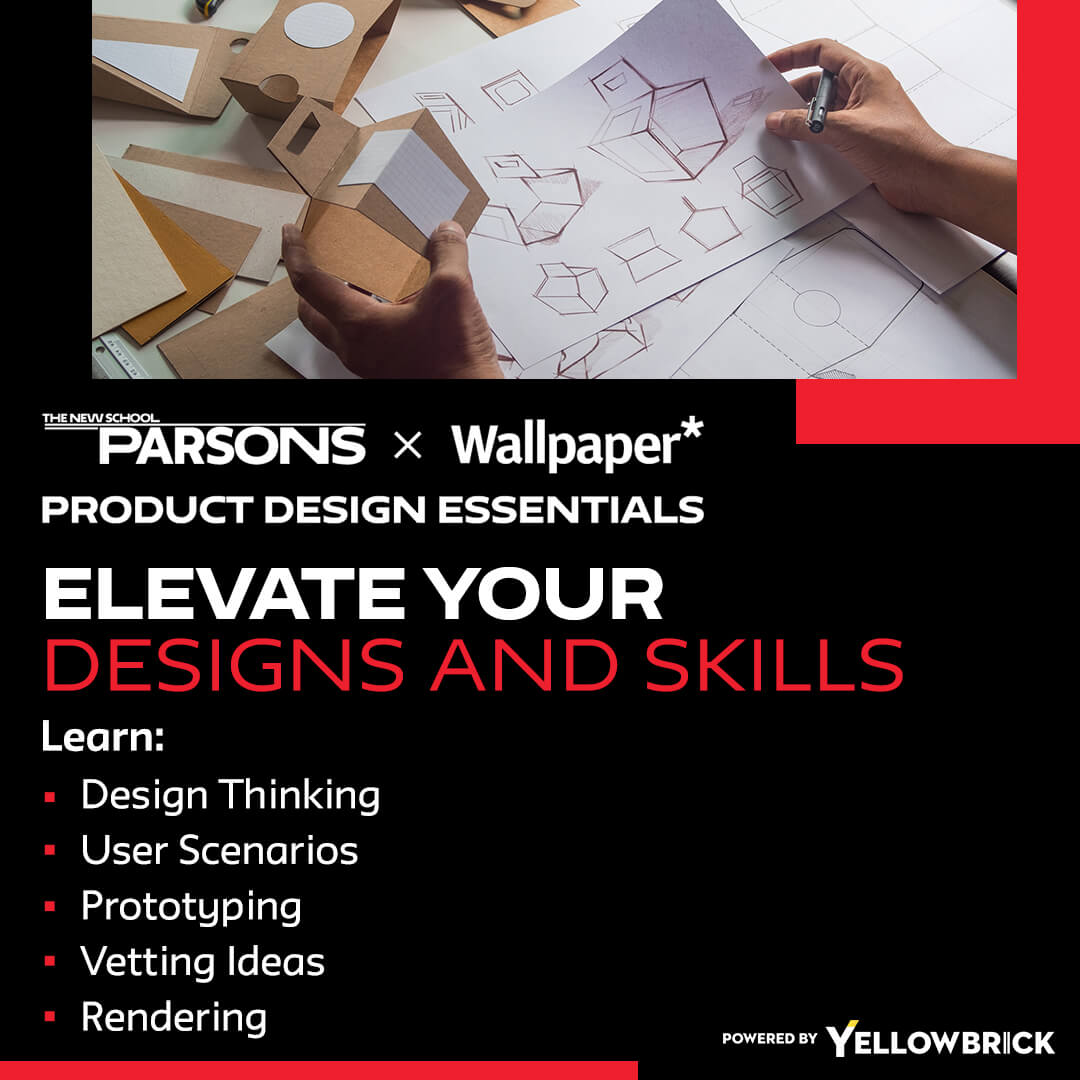Product design workshops are invaluable opportunities for designers to enhance their skills, collaborate with peers, and stay updated on the latest industry trends. These immersive experiences provide a hands-on approach to learning and allow participants to gain practical insights that can elevate their design practice.
In this comprehensive exploration, we will delve into the world of product design workshops, uncovering the benefits they offer, and highlighting key aspects to consider when selecting the right workshop for your professional development.
Benefits of Product Design Workshops
Product design workshops offer much more than just theory — they’re immersive, hands-on experiences that help designers sharpen their skills in real time. Below are some of the core benefits you can expect when attending one:
- Hands-On Learning: One of the primary advantages of attending a product design workshop is the opportunity for hands-on learning. Participants engage in practical exercises, design challenges, and real-world projects that allow them to apply theoretical knowledge in a tangible way. This experiential learning approach helps solidify concepts and enhances retention.
- Skill Development: Product design workshops often focus on specific skills or areas of expertise, such as user experience (UX) design, prototyping, design thinking, or 3D modeling. By participating in targeted workshops, designers can hone their skills, acquire new techniques, and broaden their professional capabilities.
- Networking Opportunities: Workshops bring together designers, industry experts, and like-minded individuals, creating a conducive environment for networking and collaboration. Building connections with peers and mentors can lead to valuable partnerships, career opportunities, and a supportive professional network.
- Feedback and Critique: During workshops, participants have the opportunity to receive feedback and critique from instructors and fellow designers. Constructive feedback can help designers identify areas for improvement, refine their design approach, and gain valuable insights from diverse perspectives.
- Inspiration and Creativity: Immersing oneself in a creative environment surrounded by fellow designers can spark inspiration and fuel creativity. Product design workshops often expose participants to innovative design concepts, emerging trends, and different design methodologies, inspiring fresh ideas and approaches to design challenges.
Key Considerations for Choosing a Product Design Workshop
Not all workshops are created equal. To get the most value, it’s important to choose one that fits your goals, budget, and learning style. Here are the key factors to keep in mind before committing:
- Reputation and Instructors: Research the reputation of the workshop and the credentials of the instructors. Look for workshops led by experienced industry professionals or renowned design experts who can provide valuable insights and guidance.
- Curriculum and Focus: Consider the curriculum and focus of the workshop to ensure it aligns with your learning goals and interests. Whether you are looking to enhance specific skills or explore new design methodologies, choose a workshop that offers relevant content.
- Duration and Format: Evaluate the duration and format of the workshop, whether it is a short intensive course, a series of sessions, or a multi-day event. Select a workshop that fits your schedule and learning preferences.
- Hands-On Experience: Opt for workshops that offer hands-on experience and practical exercises to maximize your learning outcomes. Interactive activities and design challenges can enhance your skills and understanding of design principles.
- Cost and Value: Consider the cost of the workshop in relation to the value it offers. Evaluate the resources, materials, and opportunities provided by the workshop to determine if it aligns with your budget and professional development needs.
By carefully selecting and actively participating in product design workshops, designers can expand their skill set, gain valuable insights, and connect with a vibrant design community, ultimately enhancing their professional growth and success.
Conclusion
In the dynamic realm of product design workshops, the benefits are vast, from hands-on learning to networking opportunities and skill development. Engaging in these immersive experiences not only enhances creativity and inspiration but also fosters professional growth and collaboration.
As you navigate the world of design workshops, consider the reputation of the workshop, the expertise of the instructors, the curriculum focus, the hands-on experience offered, and the overall value provided.
Key Takeaways:
- Hands-on learning solidifies concepts and enhances retention.
- Skill development through targeted workshops broadens professional capabilities.
- Networking opportunities foster valuable connections and collaborations.
- Feedback and critique refine design approaches and identify areas for improvement.
- Inspiration and creativity thrive in creative environments, sparking fresh ideas and approaches.
For those seeking to deepen their design expertise and advance their careers, exploring the Parsons Product Design Essentials online course and certificate program by Yellowbrick could be a transformative step. This program offers a comprehensive curriculum to enhance your design skills and knowledge, equipping you to excel in the ever-evolving landscape of product design.








